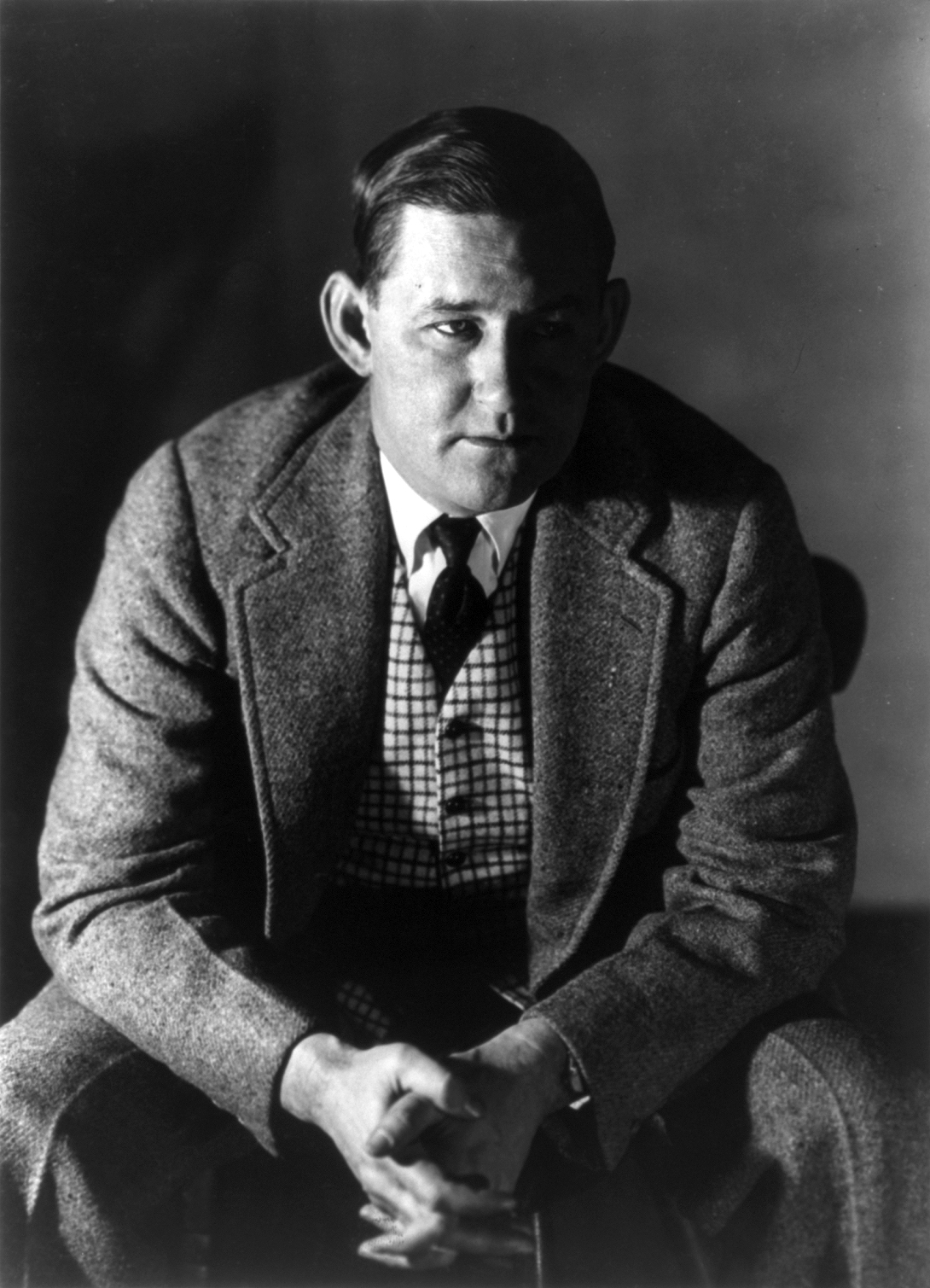“I have work to do, and I am afraid not to do it.”
Forward http://books.google.com/books?id=pksdAAAAMAAJ&q=%22I+have+work+to+do+and+I+am+afraid+not+to+do+it%22&pg=PAvii#v=onepage to The Horse Knows the Way (1964).
John Henry O'Hara was an American writer, best remembered as a keen observer of social status and manners in early to mid 20th century America and pre-eminent among his contemporaries at depicting social realism. He first earned a reputation for short stories and later became a best-selling novelist before the age of 30 with Appointment in Samarra and BUtterfield 8.
"O’Hara may not have been the best story writer of the twentieth century, but he is the most addictive," wrote Lorin Stein, editor in chief of the Paris Review, in a 2013 appreciation of O'Hara's work, adding, "You can binge on his collections the way some people binge on Mad Men, and for some of the same reasons. On the topics of class, sex, and alcohol—that is, the topics that mattered to him—his novels amount to a secret history of American life." While O'Hara's legacy as a writer is mixed, his champions rank him among the most underappreciated and unjustly neglected major American writers of the twentieth century. Ironically, few college students educated after O'Hara's death in 1970 have discovered him because he refused to allow his work to be reprinted in anthologies used to teach literature at a college level. His reputation as a writer was also damaged by the detractors he accumulated due to his outsized and easily bruised ego, alcoholic crankiness, long held resentments and his focus on social ephemera, all of which at times overshadowed his gift for story telling. John Updike, a fan of O'Hara's writing, said that the prolific author "outproduced our capacity for appreciation; maybe now we can settle down and marvel at him all over again."

“I have work to do, and I am afraid not to do it.”
Forward http://books.google.com/books?id=pksdAAAAMAAJ&q=%22I+have+work+to+do+and+I+am+afraid+not+to+do+it%22&pg=PAvii#v=onepage to The Horse Knows the Way (1964).
Oscar Levant, as quoted in "Oscar the Magnificent" https://www.newspapers.com/newspage/161384355/ by Burt Prelutsky, in The Los Angeles Times (January 26, 1969), p. 468